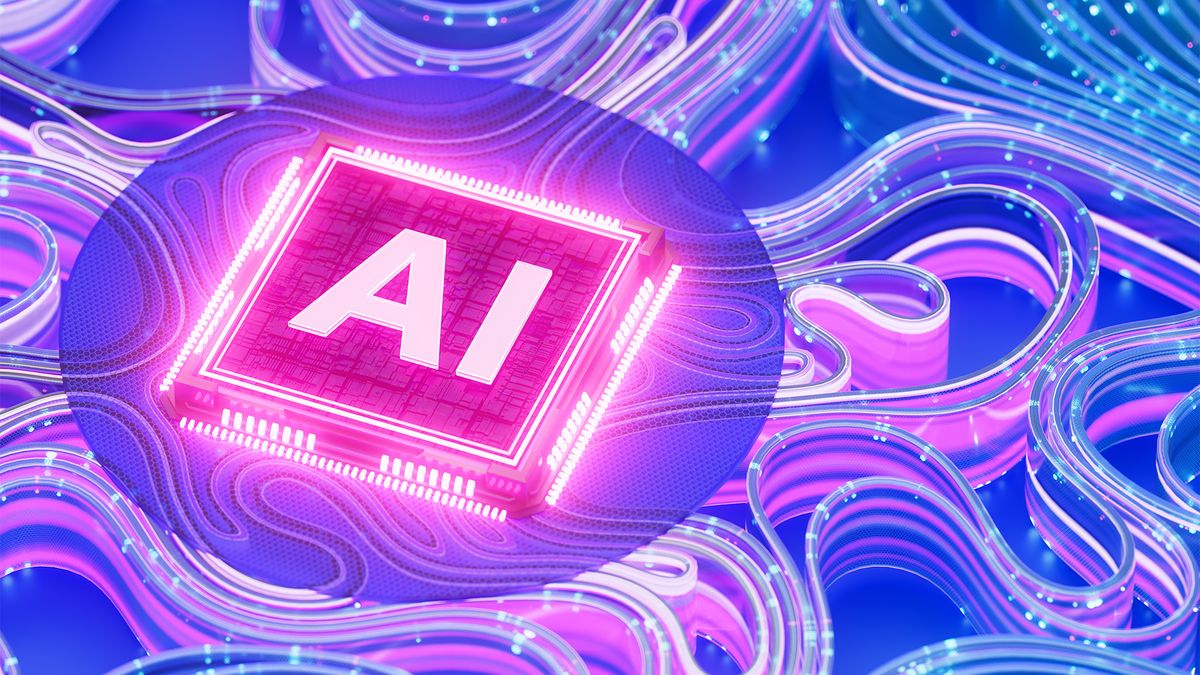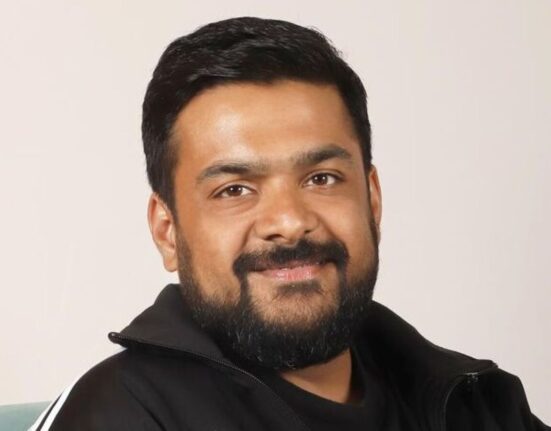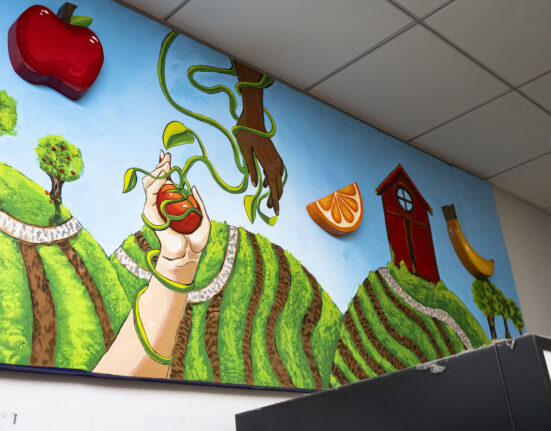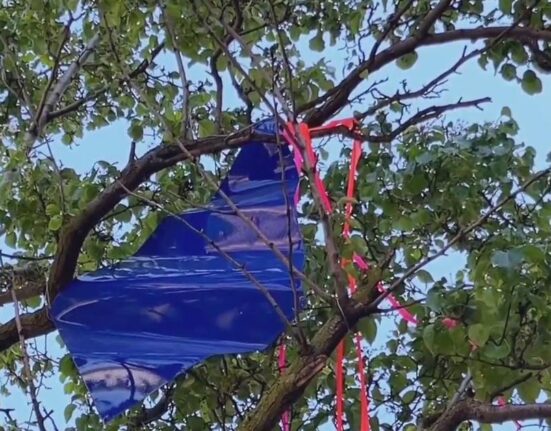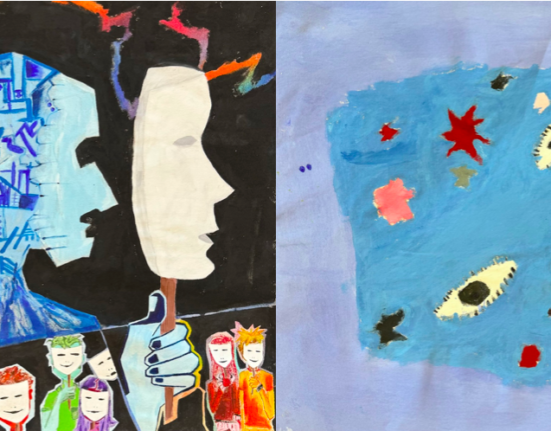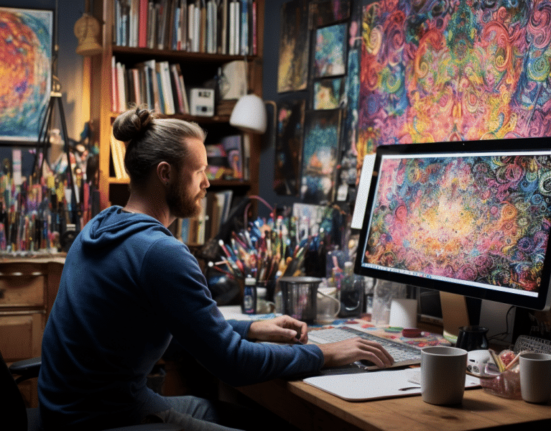OpenAI recently announced Sora, an AI model that generates sophisticated video content from a simple text prompt. While the AI’s content is undoubtedly impressive, artists in the VFX community have shared their concerns over the model’s capabilities, with fears that it could threaten creative careers.
While AI art generators have already proved controversial in the creative community, the possibilities of advanced AI video content open up new concerns. While some fear that it may jeopardise the careers of VFX artists, others are keen to embrace the new model and integrate the technology into their practice.
Introducing Sora, our text-to-video model.Sora can create videos of up to 60 seconds featuring highly detailed scenes, complex camera motion, and multiple characters with vibrant emotions. https://t.co/7j2JN27M3WPrompt: “Beautiful, snowy… pic.twitter.com/ruTEWn87vfFebruary 15, 2024
Sora AI is currently capable of creating 60-second clips with impressive accuracy and detail. According to Sora’s website, the model can generate videos with “multiple characters, specific types of motion, and accurate details of the subject and background.” The sophisticated video content is made possible by the AI’s awareness of the prompt’s subject and its interaction with the physical world.
Director and VFX supervisor Hugo Guerra was quick to criticise the generator, questioning the need for AI video content. “Why would we want to make a ‘camera-free’ film? I love cameras they are great and they film the real world!” he says on X. Alongside the bespoke appeal of traditional videography, Hugo also points out the “many health benefits” of filming outdoors and enjoying the fresh air.
Why would we want to make a ‘camera-free’ film? I love cameras 🎥 they are great and they film the real world! You can also get some fresh air while filming outside… 😂 They have many health benefits 😎 https://t.co/fJUEgSVLTlFebruary 16, 2024
Also taking to X, VFX supervisor Aaron Sorensen called the new technology “INSANE! and kind of horrifying,” inviting his community of artist followers to share their thoughts. User KokeVFX felt positive about the news, suggesting that the model could increase creativity. “It deletes the ‘unispiration times’ and the problem of the ‘white canvas’,” he writes.
Some were less hopeful, with one user claiming that “The negatives just so vastly outweigh the positives,” while another replied that “the industry will no longer require talent,” if the technology continues to advance. Yet VFX artist Angus Lyne shared his reservations, suggesting that “Until it can be controlled and art directed on a granular level it’s only as good as stock footage.”
In my opinion, this is incredible awesome and helpful. This will increase our creativity by +10000. It deletes the “unispiration times” and the problem of the “white canvas”. You don’t need hours and hours and hours of “wasted work” just to have an idea or a previewFebruary 15, 2024
Until it can be controlled and art directed on a granular level it’s only as good as stock footage.February 15, 2024
It seems that at least for now, the skills of VFX artists are still very much needed to create high-quality content. As many have suggested, whether we like it or not, creatives in all industries will have to learn to adapt to AI and accept it as an optimisation tool, rather than a threat.
For more AI news, take a look at what the far-reaching impact of AI’s creativity means for creatives. If you’re after something a little lighter, take a look at the human art generator that pokes fun at AI with hilarious hand-drawn art.

